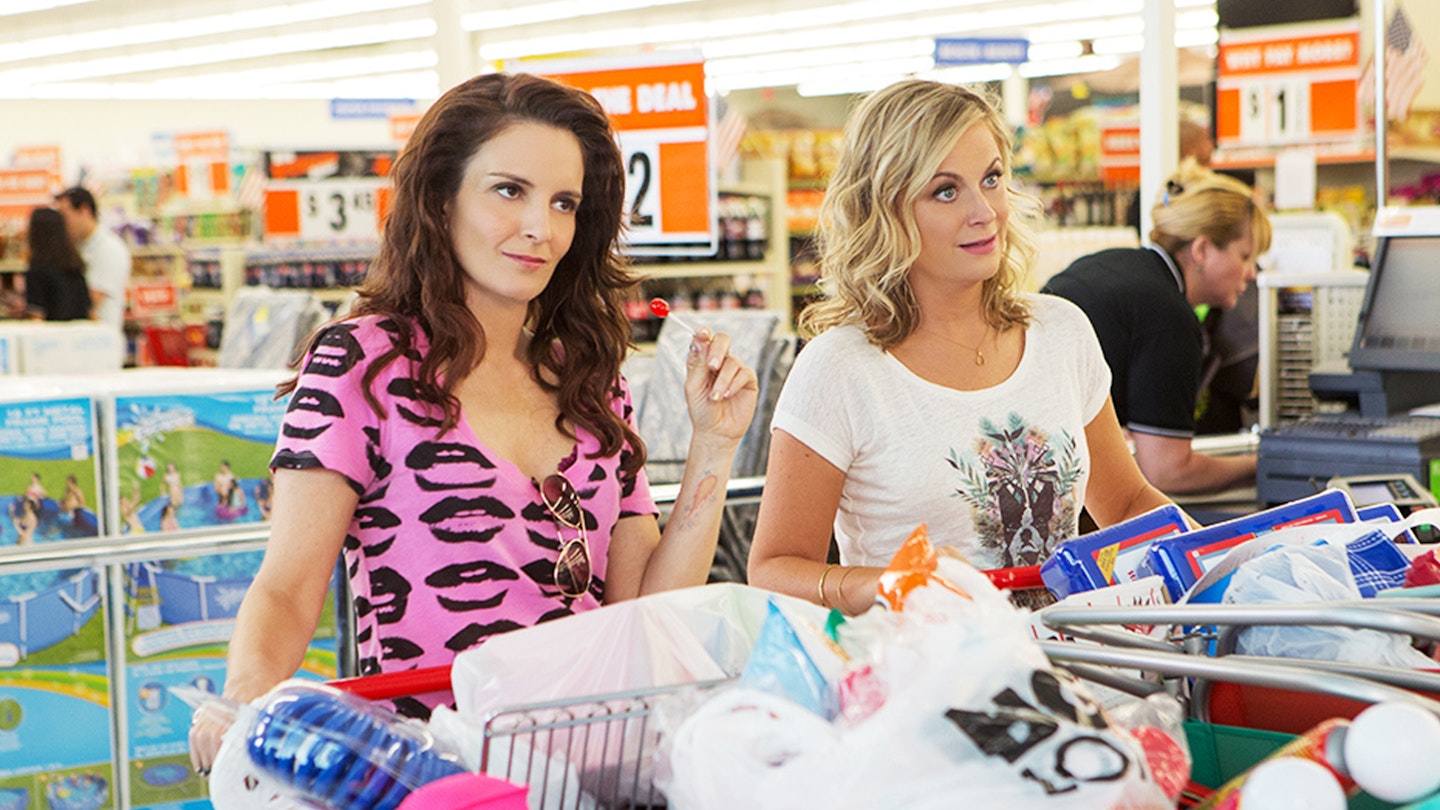Grandma is a small movie by almost any reasonable definition: tiny cast, low budget, brief in both time frame and running time. But it’s so fearless in tackling big issues that it dwarfs much larger films and their self-conscious attempts to impart some worthy message. What’s more, it does so with endless humour and a lightness of touch you’d expect more from some indie darling than an established veteran like Paul Weitz.
Lily Tomlin, on a hot streak after Netflix’s Grace And Frankie, is an irascible old poet still grieving for her long-term partner. As we meet her she has just broken up with replacement girlfriend Olivia (Judy Greer) when her granddaughter Sage (the bubble-haired and seriously talented Julia Garner) appears asking for money to pay for her abortion. Elle doesn’t question the need, but lacks the means — and so begins a picaresque tour of old friends and lovers in a search of the necessary dollars.
The film wears its politics lightly — essentially saying some people are gay, some have abortions, get over it — and that’s a welcome alternative to the usual handwringing. Its humour comes mainly from the culture clash between Elle’s intellectual strain of hippy-tinged liberalism and her granddaughter’s youthful outlook. But this is not overly concerned with generational conflict — except in that both are terrified of Elle’s high-powered adult daughter, Judy (Marcia Gay Harden). Here, growing old doesn’t necessarily mean that one ever feels grown-up.
Still, it does engage with thorny questions about family and relationships, particularly when the mysterious Karl (Sam Elliott) confronts Elle on her callous past. There are no angels nor, contrary to one chapter title, any ogres here; just astonishingly well-realised characters, the sort who arrive onscreen fully formed and leave us to continue full and interesting lives after the short period we witness.
As the appointment deadline looms, the pressure builds only a little, towards a gentle, subtle finish. The result is easily Weitz’ best film since About A Boy, and may be even tighter and smarter than that (though it’s a little less funny). But it’s Tomlin who really makes it sing, snarling in fury but revealing unexpected vulnerability and kindness too. After a lifetime of success on TV and Broadway as well as on film, Tomlin’s best days are apparently only just arriving.
